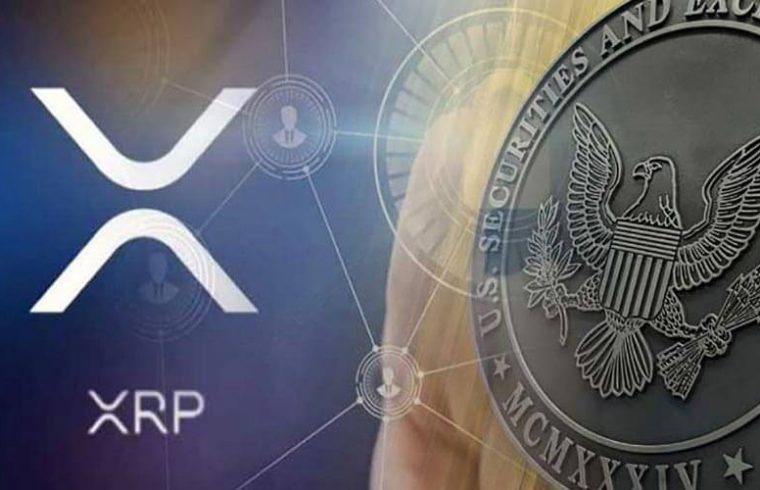The Ripple XRP SEC lawsuit marks a pivotal moment in the world of digital finance, challenging the classification of cryptocurrencies and setting potential precedents for regulatory oversight.
The legal battle between Ripple Labs, the company behind the digital currency XRP, and the United States Securities and Exchange Commission (SEC) has garnered significant attention within the cryptocurrency community and beyond. Initiated in December 2020, the lawsuit represents one of the most consequential legal challenges in the rapidly evolving domain of digital finance. At the heart of the dispute is the SEC’s allegation that Ripple conducted an unregistered securities offering by selling XRP, which it considers a security rather than a currency or digital asset. This case not only questions the regulatory status of XRP but also poses broader implications for the classification and treatment of cryptocurrencies under U.S. law.
The SEC’s action against Ripple is based on the claim that the company raised over $1.3 billion through the sale of XRP in what the commission considers an unregistered securities offering. The SEC argues that XRP does not meet the criteria for a currency and should instead be subject to the same regulatory scrutiny and requirements as traditional securities. Ripple, on the other hand, contends that XRP is a digital asset used for international and domestic transactions, distinguishing it from securities traditionally subject to SEC regulation.
The Ripple XRP SEC lawsuit has significant ramifications for the cryptocurrency market. A ruling in favor of the SEC could set a precedent for how other digital currencies are regulated in the United States, potentially subjecting a broad swath of cryptocurrencies to securities laws. This could lead to increased regulatory oversight and compliance requirements for cryptocurrency projects, potentially stifling innovation and limiting the market’s growth.
Conversely, a favorable outcome for Ripple could affirm the distinction between digital currencies and securities, providing clearer regulatory guidelines for the cryptocurrency industry. Such a result might encourage innovation and investment in the sector by providing a more defined legal framework for digital assets.
The lawsuit has also had immediate impacts on Ripple and XRP. Following the SEC’s announcement, several cryptocurrency exchanges delisted XRP, leading to a significant drop in its price and market capitalization. The case has become a closely watched saga, with developments closely monitored by investors, legal experts, and regulatory bodies worldwide.
In conclusion, the Ripple XRP SEC lawsuit is a watershed moment for cryptocurrency regulation. Its outcome has the potential to shape the regulatory landscape for digital currencies in the United States, influencing how cryptocurrencies are classified, regulated, and traded. As the legal proceedings unfold, the case will undoubtedly continue to attract attention from all corners of the digital finance world, marking a critical chapter in the ongoing dialogue between innovation in the cryptocurrency space and regulatory oversight.












